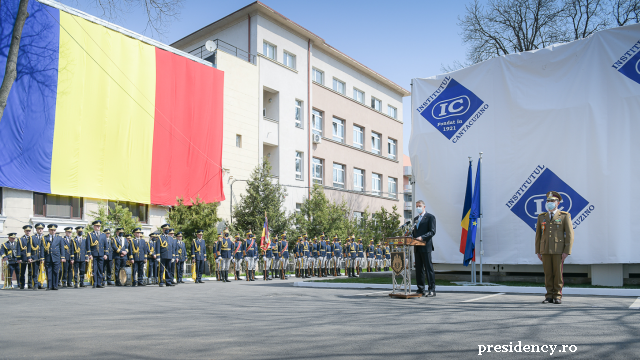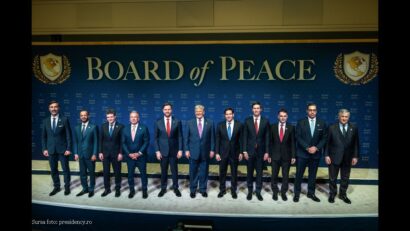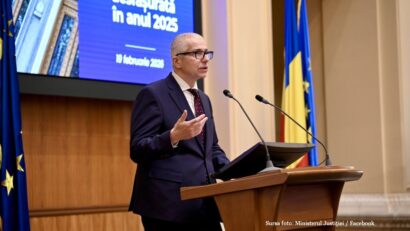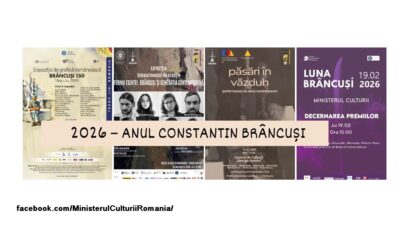Romania’s Cantacuzino Institute turns 100
On its 100th anniversary, the Cantacuzino National Institute for Medical-Military Research is awarded Order of Sanitary Merit in rank of Officer.

Ştefan Stoica, 02.04.2021, 14:00
Various
events were held in Bucharest on Thursday to celebrate the 100th
anniversary of the establishment of the Cantacuzino Institute by a decree
issued by King Ferdinand I. Since then, research has been carried out here in
all important areas of microbiology and related sciences, vaccines and
therapeutic serums were produced and the institute’s experts have taken part in
countless public health activities. It also collaborates with various institutes
and universities from France, Germany, Italy, the United States, the UK, Hungary,
Japan and Russia.
A decade
ago, however, what looked like unsurmountable difficulties posed an existential
threat to the institute. Underfunding, frequent managerial changes and
political interference led this institution, which was once at the forefront of
Romanian research, to the brink of collapse, said prime minister Florin Cîţu. He
underlined that the remarkable scientific discoveries recognised internationally
and the tireless work of committed researchers were the pillars that supported the
institute during extremely difficult times.
President
Klaus Iohannis awarded the Cantacuzino Institute with the Order of Sanitary
Merit in rank of Officer. He used the opportunity of his visit to the institute,
where the Covid vaccines are stored, to again urge Romanians to have the
vaccine. Klaus Iohannis:
We’ll
be receiving a significant number of doses very soon so we can speed up the vaccination
campaign. Many of us have lost someone dear, others have suffered deeply from
infection with this virus. The social and economic costs are and will continue to
be enormous. We can, however, end this pandemic and I urge Romanians to trust
the benefits of immunisation and go in large numbers to the vaccination
centres.
The
health minister Vlad Voiculescu, who also attended the festivities at the
Cantacuzino Institute, spoke about the roll-out of the mass vaccination
campaign:
Vaccines
are available in quantities and at a level of logistical organisation that are
significantly superior to other countries in Western Europe we rarely dare
compare ourselves with otherwise. We have a vaccine we know also works in
children. I’m referring to the Pfizer vaccine, and it’s a matter of time until
we start vaccinating children, as well.
This
month, Romania is due to receive a delivery of over 3.3 million vaccine doses,
including the first single-shot Johnson & Johnson jabs. The authorities are
hoping to reach a vaccination rate of 100,000 shots per day. New vaccination facilities
will open and GPs will also start being involved in administering the vaccine. Over
2 million people have been given at least one vaccine dose in Romania, with
more than a million having also received the second dose. (CM)






























